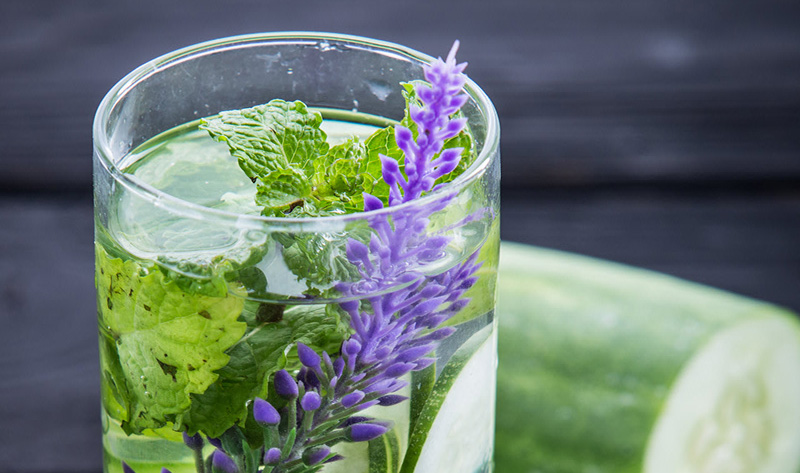Kidney stones (also known as nephrolithiasis or renal lithiasis) are one of the most common disorders of the urinary tract and result in almost three million visits to health care providers and more than half a million emergency room visits a year in the United States. Small and firm, they are formed from deposits of mineral and acid salts that are made in the kidneys. These stones can form for many reasons, but most often occur because your urine has become more concentrated than usual, a condition which makes it easier for minerals within it to crystallize and consolidate. The stones can be so small as to be invisible to the naked eye, or can be as large as a pearl—which can determine whether or not you can pass them without intervention. .“Passing” a kidney stone refers to having it leave your body via your urinary tract. There are several factors that can influence your ability to pass a kidney stone, including how big you are, prior stone passage, prostate enlargement, pregnancy, and the size of the stone Depending on your particular situation, you may only need to drink lots of water and take pain medication to pass a kidney stone. If, however, a kidney stone becomes lodged in your urinary tract or causes other complications, surgery may be necessary. It can be quite painful to pass kidney stones, though they usually cause not permanent damage
In the United States, 1 in 11 people (or 8% of the population) has had a kidney stone at some point. A study that appeared in the journal Urology in 2010 found that the incidence of kidney stones is increasing globally. In the United States, their prevalence has remained fairly steady since the 1980s, but has increased greatly since the 1970s, when the incidence in the USA was less the four percent of the population. Caucasians are more susceptible to developing kidney stones than African Americans, and they occur more frequently in men than in women. Prevalence increases as men pass the age of 40, whereas prevalence peaks for women in their 50s. And if you have had a kidney stone, you are at greater risk of developing others.













